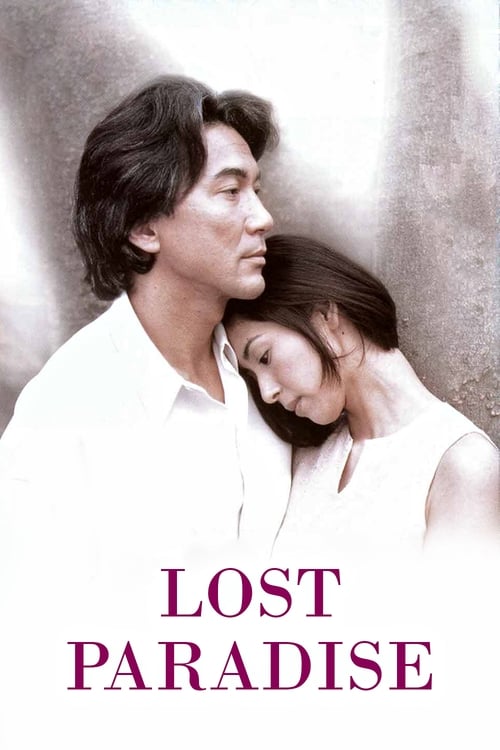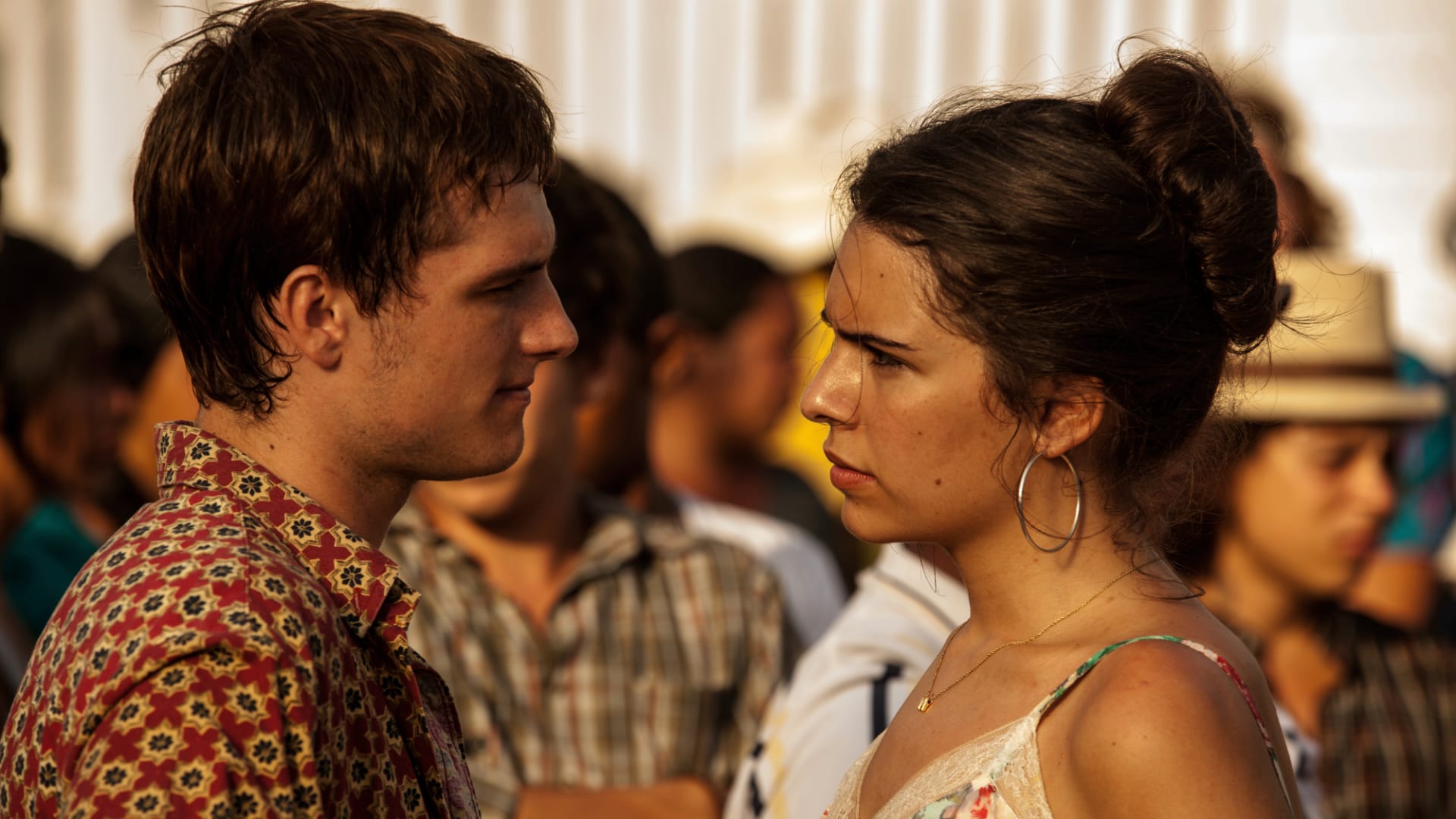

In Mazar-e-sharif screenings of feature films like “Paper Boats”, made by Afghan woman filmmaker Fariba Haidari, were stopped. The film did screen under heavy security at the festival, despite active attempts to stop the screening by Iran. Based on true life accounts from Afghan prisoners, the feature film was dark and had an universal story to tell about how prisoners from across borders are abused everywhere by security authorities. The film graphically depicted the brutalities on Afghan prisoners in an Iranian camp, Safaid Sang (White Stone) near the Iranian-Afghan border. There was also pressure on the festival authorities from the Iran government to withdraw the Afghan film “Neighbours” directed by Zubair Farghand. The AHRFF, held for the first time in Kabul and Mazar-e-Sharif, had its anxious moments. “In Iran we do not know what is happening - we are still struggling to understand why Panahi got thrown into jail - he is a film director not a political militant.” remarked Rastin. The Iranian authorities frowned in the sidelines. Panahi's most recent film “Accordion” about two children whose accordian gets taken away from them for playing music in a mosque, screened in the AHRFF in Kabul. Panahi has since been jailed for six years in Iran and forbidden to make films for the next 20 years. He was also the script writer of Iranian film “Offside” by Iranian director, Jaffar Panahi.
#PARADISE LOST FILM WINDOWS#
“These films are like windows of light for sharing human rights issues” said Rastin Shadmehr, Iranian jury member at the festival. The question on everyone's mind as he received his awards was, is the regime of censorship finally over in Afghanistan and can filmmakers now pursue their subjects without fear that they may be hounded out of their country?

The Director had to leave Afghanistan and move to Sweden in 1998 due to the censorship he faced over his last film, “Golden Dream”. For Morowat, who bagged the best feature film award at the AHRFF in Kabul, it was an emotional homecoming. In the feature film “An Apple from Paradise” Afghan filmmaker Homayoun Morowat scripts a gripping story about an old man who undertakes a frantic search for his missing son - only to find that he's been recruited as a suicide bomber from the religious school where he was studying. It also set the tone for the week-long, first-ever Autumn Human Rights Film Festival (AHRFF), held in Kabul from October 1 to 7.

The heartbreaking story of the two boys is the story of one million drug addicts in Afghanistan. The film did what documentaries the world over attempt to do - tell a real humane story with a powerful critique of society and governments. The filmmaker follows the children's lives spent in chasing their addiction, their deteriorating health, their attempt at treatment and rehabilitation and finally their relapse.

“Addicted in Afghanistan”, a documentary film made by Afghan filmmaker Jawed Taiman tells the moving story of two very poor young Afghan adolescents, Zahir and Jabbar, who are addicts. Her son, Zahir, is just 12 years old and is a drug addict. The soundtrack records her saying : “Every time I eat, I feel my bread is dipped in blood”. In a lowly lit small Afghan hut, a mother sits picking at the dry bread on her plate.


 0 kommentar(er)
0 kommentar(er)
